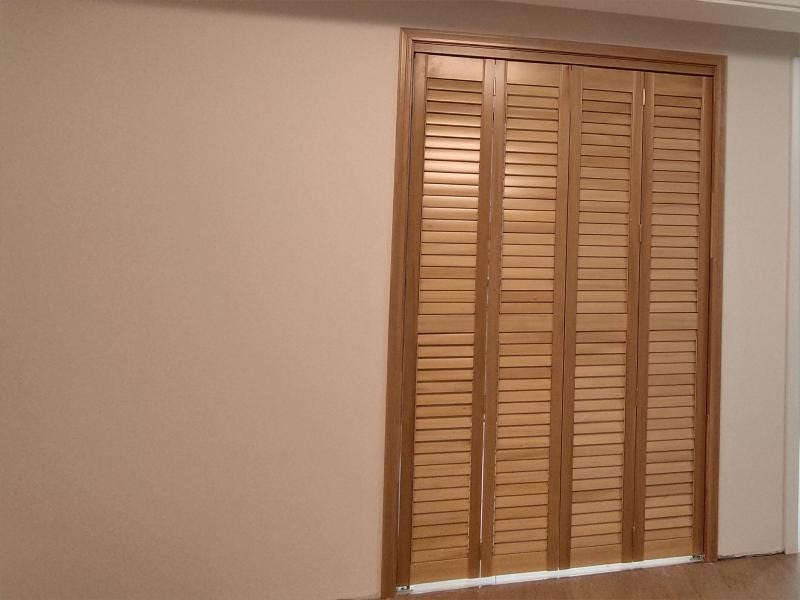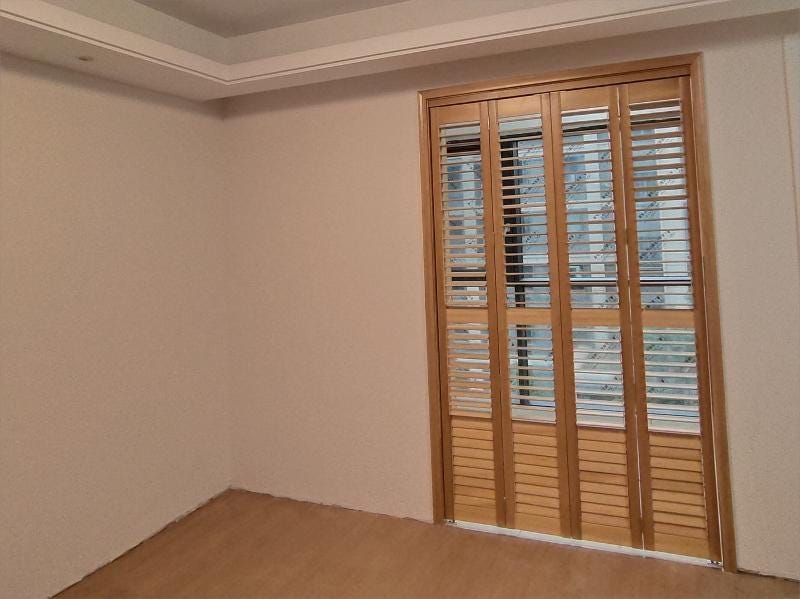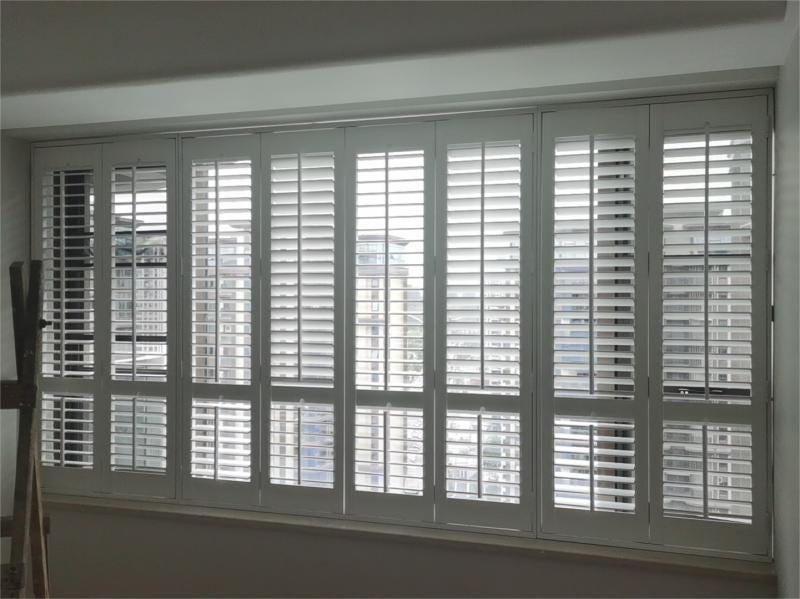Composite Shutters vs. Vinyl: Which One is Better for Your California Home?
When choosing the right shutters for your home, there are many factors to consider. Two popular options are composite shutters and vinyl shutters. This article will compare the two and help you decide which is better for your California home.

Composite Shutters
Composite shutters are made from various materials, including MDF (medium-density fiberboard), PVC (polyvinyl chloride), and wood. They are designed to look like real wood shutters, but they are more durable and less expensive. Composite shutters are also Moisture resistant, making them ideal for use in high-humidity areas like bathrooms and kitchens.
Pros of Composite Shutters
- Durability: Composite shutters are more durable than wood or vinyl shutters. They won’t warp, crack, or fade over time.
- Moisture Resistance: Composite shutters are moisture-resistant, making them ideal for use in high-humidity areas like bathrooms and kitchens.
- Affordability: Composite shutters are less expensive than real wood shutters but still look like real wood.
- Easy Maintenance: Composite shutters are easy to clean and maintain. You can wipe them down with a damp cloth.

Cons of Composite Shutters
- Limited Color Options: Composite shutters come in a limited range of colors compared to vinyl shutters.
- Heavier Weight: Composite shutters are heavier than vinyl shutters, making them more difficult to install.

Vinyl Shutters
Vinyl shutters are made from PVC (polyvinyl chloride) and are designed to look like real wood shutters. They are less expensive than composite or real wood shutters, but they don’t offer the same level of durability.
Pros of Vinyl Shutters
- Affordability: Vinyl shutters are less expensive than composite or real wood shutters.
- Easy Maintenance: Vinyl shutters are easy to clean and maintain. You can wipe them down with a damp cloth.
- Lightweight: Vinyl shutters are light, which makes them easier to install.

Cons of Vinyl Shutters
- Less Durable: Vinyl shutters aren’t as durable as composite or real wood shutters. They can warp or crack over time.
- Limited Style Options: Vinyl shutters come in a limited range of styles compared to composite or real wood shutters.
- Not Moisture Resistant: Vinyl shutters aren’t Moisture resistant, which makes them unsuitable for use in high-humidity areas like bathrooms and kitchens.

When it comes to choosing between composite and vinyl shutters, there isn’t a clear winner. Both types of shutters have their pros and cons. If you’re looking for a more affordable option that’s easy to maintain, then vinyl might be the way to go. However, composite might be the better choice if you want something that’s more durable and moisture-resistant.

Comments
Post a Comment